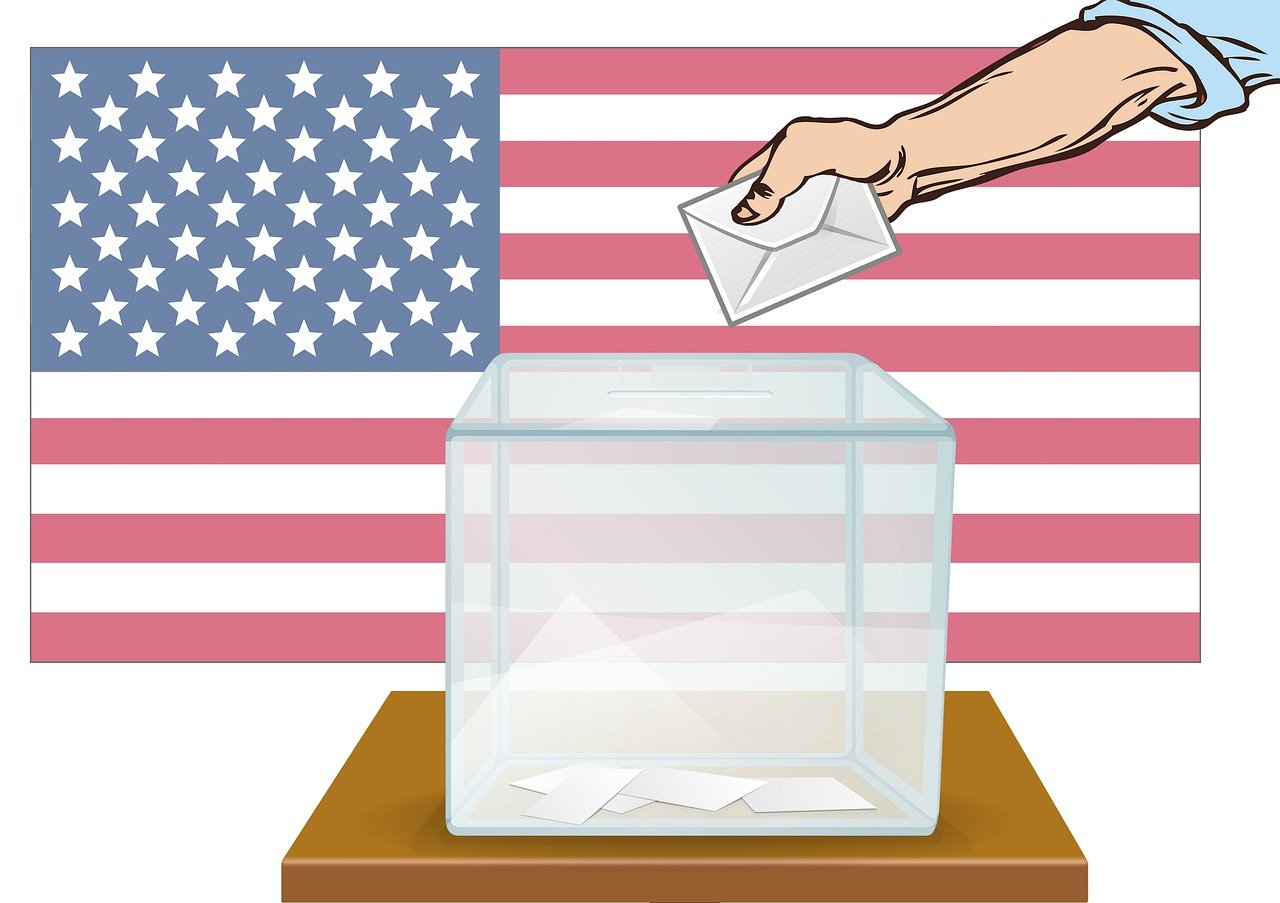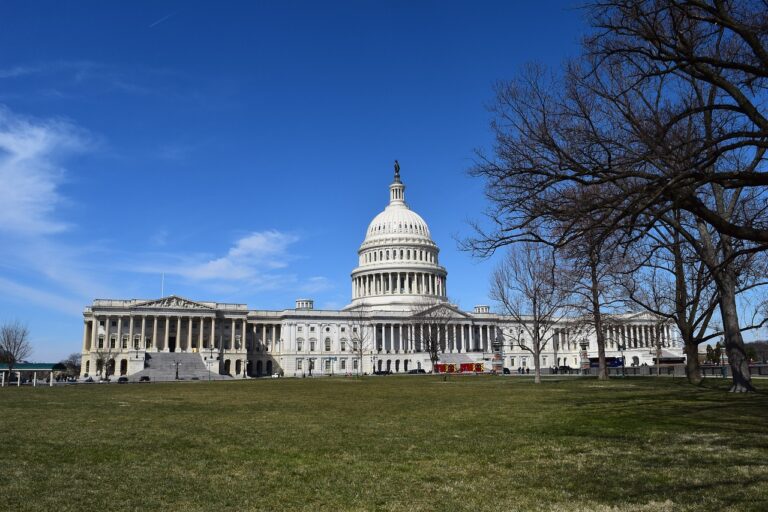Political Polarization and Its Impact on Elections
In today’s society, political divides have become increasingly prevalent and contentious. People have become entrenched in their beliefs, leading to a stark polarization between different ideological camps. This divide is not only evident in national politics but also permeates various aspects of social interactions, from family dynamics to online discourse.
The widening gap between political ideologies has created a sense of “us versus them” mentality, fostering distrust and animosity between individuals who hold opposing views. Social media and echo chambers have further exacerbated these divides, reinforcing beliefs and isolating individuals from differing perspectives. As a result, civil discourse has become increasingly rare, with conversations often devolving into arguments and personal attacks.
The widening gap between political ideologies has created a sense of “us versus them” mentality
Social media and echo chambers have further exacerbated these divides
Civil discourse has become increasingly rare, with conversations often devolving into arguments and personal attacks.
Root Causes of Political Polarization
Political polarization has roots that can be traced back to various societal factors. One primary cause is the rise of social media, which has provided a platform for echo chambers and the spread of misinformation. Instead of fostering healthy debate, social media algorithms often reinforce individuals’ pre-existing beliefs, leading to increased division and hostility between opposing groups.
Another significant factor contributing to political polarization is the division of media sources along ideological lines. With the rise of cable news networks and partisan online outlets, individuals are more likely to consume information that aligns with their own viewpoints. This selective exposure to media sources further entrenches individuals in their own echo chambers, making it challenging to find common ground and engage in constructive dialogue with those who hold different political beliefs.
Effects of Polarization on Voter Behavior
The increasing polarization in politics has significantly impacted voter behavior in modern society. Individuals are increasingly leaning towards extreme ends of the political spectrum, resulting in a rigid adherence to party lines. This has led to a decline in the willingness to engage in bipartisan dialogue and compromise, as voters are more likely to prioritize loyalty to their own party over seeking common ground.
Furthermore, the deepening polarization has also heightened the level of distrust among voters towards those holding opposing political views. This phenomenon has resulted in a growing sense of “us versus them” mentality, where individuals are more inclined to view members of the opposing party as adversaries rather than fellow citizens with differing perspectives. As a consequence, voter behavior has become more divisive and confrontational, making it challenging to build consensus and foster unity within the political landscape.
How do political divides in society contribute to polarization in voter behavior?
Political divides in society, such as differing beliefs on social issues and economic policies, can create strong group identities that drive individuals to align with like-minded individuals and political parties. This can lead to polarization in voter behavior as individuals become more entrenched in their beliefs and less willing to consider opposing viewpoints.
What are some root causes of political polarization?
Some root causes of political polarization include the rise of social media and echo chambers, the influence of special interest groups and political elites, and the increasing partisan divide in the media. These factors can contribute to the spread of misinformation, the demonization of the opposing party, and the erosion of trust in political institutions.
How does polarization impact voter behavior?
Polarization can impact voter behavior by influencing how individuals perceive political candidates, issues, and policies. It can also lead to increased tribalism and partisanship, making it more difficult for individuals to engage in constructive dialogue and compromise. Additionally, polarization can contribute to voter turnout and voter loyalty, as individuals may feel more motivated to support their preferred party or candidate.







